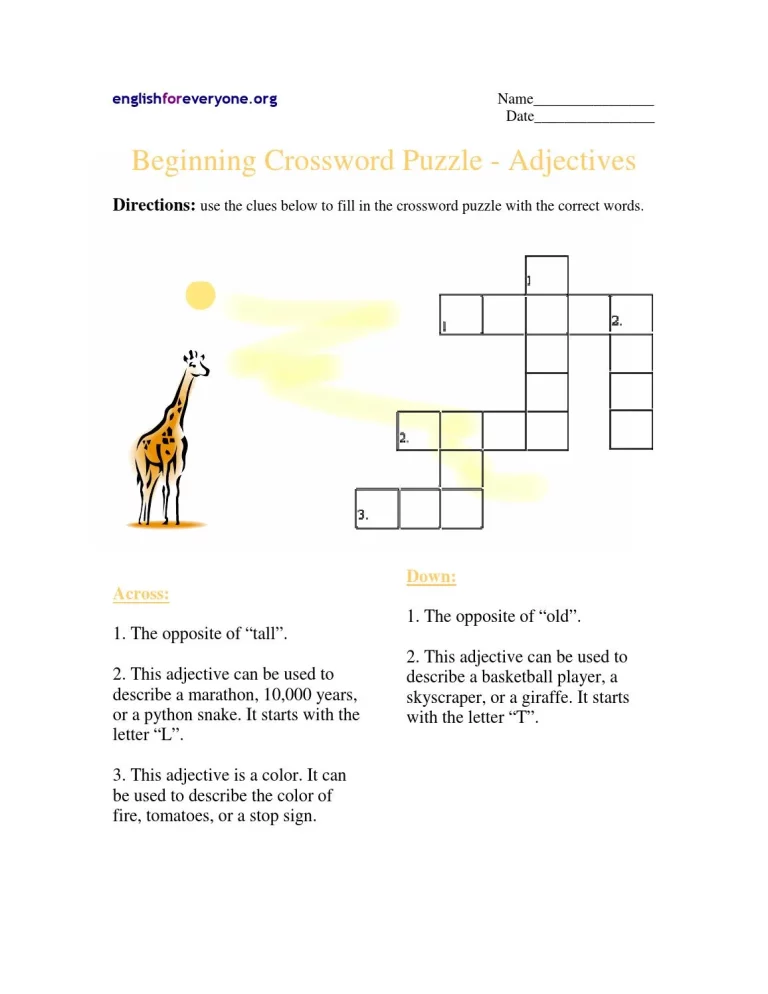Should I Run a Marathon Or Half Marathon?
Running a marathon or half marathon depends on your personal goals, stamina, and commitment to training. Both races require dedication and training, but if you are a beginner or have limited time for training, a half marathon might be a better starting point.
Comparing Distance And Training
For those considering between a marathon and a half marathon, it’s essential to compare the distances and training involved. Both races have their own challenges and rewards.
Training Requirements
Marathon:
| Distance: | 26.2 miles |
|---|---|
| Training: | Rigorous with long runs, speed work, and cross-training. |
Half Marathon:
| Distance: | 13.1 miles |
|---|---|
| Training: | Less intense than a marathon but still requires consistent running and cross-training. |
Deciding between a marathon and half marathon depends on your fitness level, time commitment, and personal goals. Consider the training requirements carefully before making your choice.

Credit: www.runnersworld.com
Physical And Mental Preparation
Deciding whether to run a marathon or a half marathon is a big decision that requires careful consideration. One of the key factors to think about when making this choice is the physical and mental preparation required for each race distance. Both endurance and stamina play a crucial role in completing a marathon or half marathon, and psychological readiness is equally important to overcome the mental challenges that come along the way.
Endurance And Stamina
Endurance and stamina are vital attributes needed to successfully complete a marathon or half marathon. Running long distances requires your body to have the stamina to sustain a continuous effort and the endurance to maintain a steady pace for an extended period of time. Training for both races involves gradually increasing your mileage, building your stamina, and enhancing your endurance capabilities. It’s essential to engage in regular cardio exercises, such as long runs and interval training, to condition your body and improve your endurance levels.
Psychological Readiness
In marathon and half marathon running, psychological readiness is just as important as physical fitness. These races are mentally challenging and can push you to your limits. Developing a strong mental attitude is crucial, as it helps you overcome fatigue, discouragement, and self-doubt, especially during those grueling moments when your body wants to give up. Positive self-talk, visualization techniques, and setting realistic goals can help you stay focused, motivated, and determined throughout the race. Mental toughness plays a significant role in both marathons and half marathons, serving as a driving force when your body is under duress.
Overall, whether you choose to run a marathon or a half marathon, both races require substantial physical and mental preparation. Developing endurance and stamina through a consistent training plan and strengthening your mental fortitude will help you conquer the challenges and achieve your running goals. Remember, staying committed, believing in yourself, and embracing the journey are key elements to succeed in whichever race you decide to pursue.
Health And Injury Considerations
When deciding whether to run a marathon or a half marathon, it is essential to consider the impact on your health and the potential risks of injury. Both types of races require a significant amount of training and dedication, but they differ in terms of their physical demands and associated injury risks.
Impact On The Body
Marathons and half marathons place different levels of strain on the body. A full marathon spans 26.2 miles, demanding a higher level of endurance and overall fitness. Running a marathon tests the cardiovascular system, with a prolonged duration that challenges your heart to pump blood efficiently for an extended period.
On the other hand, a half marathon, totaling 13.1 miles, provides a less taxing challenge for the body. It requires considerable endurance, but the exertion is spread over a shorter distance. This may be a more suitable option for those new to long-distance running or individuals who want to challenge themselves without risking excessive strain on the body.
Injury Risks
Running a marathon poses greater injury risks compared to running a half marathon. The prolonged duration and distance put more stress on the joints, muscles, and bones, increasing the chances of overuse injuries such as stress fractures, tendonitis, and muscle strains. The repetitive impact from running for an extended period further contributes to wear and tear on the body.
A half marathon, with its shorter distance, reduces the likelihood of sustaining severe injuries associated with the longer race. While injuries can still occur, the relative reduced intensity and shorter duration may allow novice runners or individuals with a history of joint problems to participate with less risk.
To mitigate the risks of injury, it is crucial to follow a structured training plan, gradually increasing mileage, cross-training, and incorporating strength exercises. Additionally, proper warm-up, cool-down, and stretching routines can help prevent muscle imbalances and reduce the likelihood of strains or sprains.

Credit: www.nytimes.com
Race Experience And Enjoyment
Participating in a marathon or half marathon offers a unique sense of achievement and joy that comes from pushing your limits and crossing the finish line.
Sense Of Achievement
Completing a marathon or half marathon gives a profound sense of pride and accomplishment, irrespective of your finishing time.
Pacing And Strategy
Pacing and strategy play a crucial role in both marathon and half marathon races. Proper planning can lead to a more enjoyable race experience.
Recovery And Long-term Effects
When considering whether to run a marathon or a half marathon, it’s important to evaluate the recovery process and the potential long-term effects on your body and future training. Making the right decision, based on these factors, can significantly impact your overall running experience and physical well-being.
Post-race Recovery
Both marathons and half marathons can take a toll on your body. Recovery after a marathon usually takes longer due to the increased distance and intensity of the race. However, half marathons also require proper post-race care to allow your body to heal. It’s crucial to engage in active recovery techniques such as stretching, foam rolling, and gentle exercise to promote muscle repair and reduce stiffness.
Impact On Future Training
Participating in a marathon can have a significant impact on your future training. The long recovery time following a marathon may require a longer break from intense training, potentially affecting your overall running schedule. On the other hand, completing a half marathon may allow for quicker recovery, enabling you to resume training more promptly.

Credit: www.runnersworld.com
Frequently Asked Questions Of Should I Run A Marathon Or Half Marathon
Can I Run A Marathon If I Run A Half Marathon?
Yes, if you can complete a half marathon, you can train for a full marathon. It’s a matter of gradually increasing your mileage and endurance. With the right preparation, running a full marathon is achievable after running a half marathon.
Can You Run A Half Marathon If You Can Run 10k?
Yes, if you can run a 10k, you have a good base for training to run a half marathon.
Should I Run A Half Before A Full?
Yes, it is recommended to run a half marathon before a full marathon. Running a half marathon helps in building endurance, gauging your fitness level, and familiarizing yourself with the race atmosphere. It allows you to understand your body’s response to long-distance running and helps in planning and training for a full marathon effectively.
Conclusion
Deciding between a marathon or half marathon? Consider your fitness level and goals. Both offer unique challenges and rewards. Listen to your body and choose what feels right. Remember, the journey is as important as the destination. Train smart, stay motivated, and enjoy the experience.





